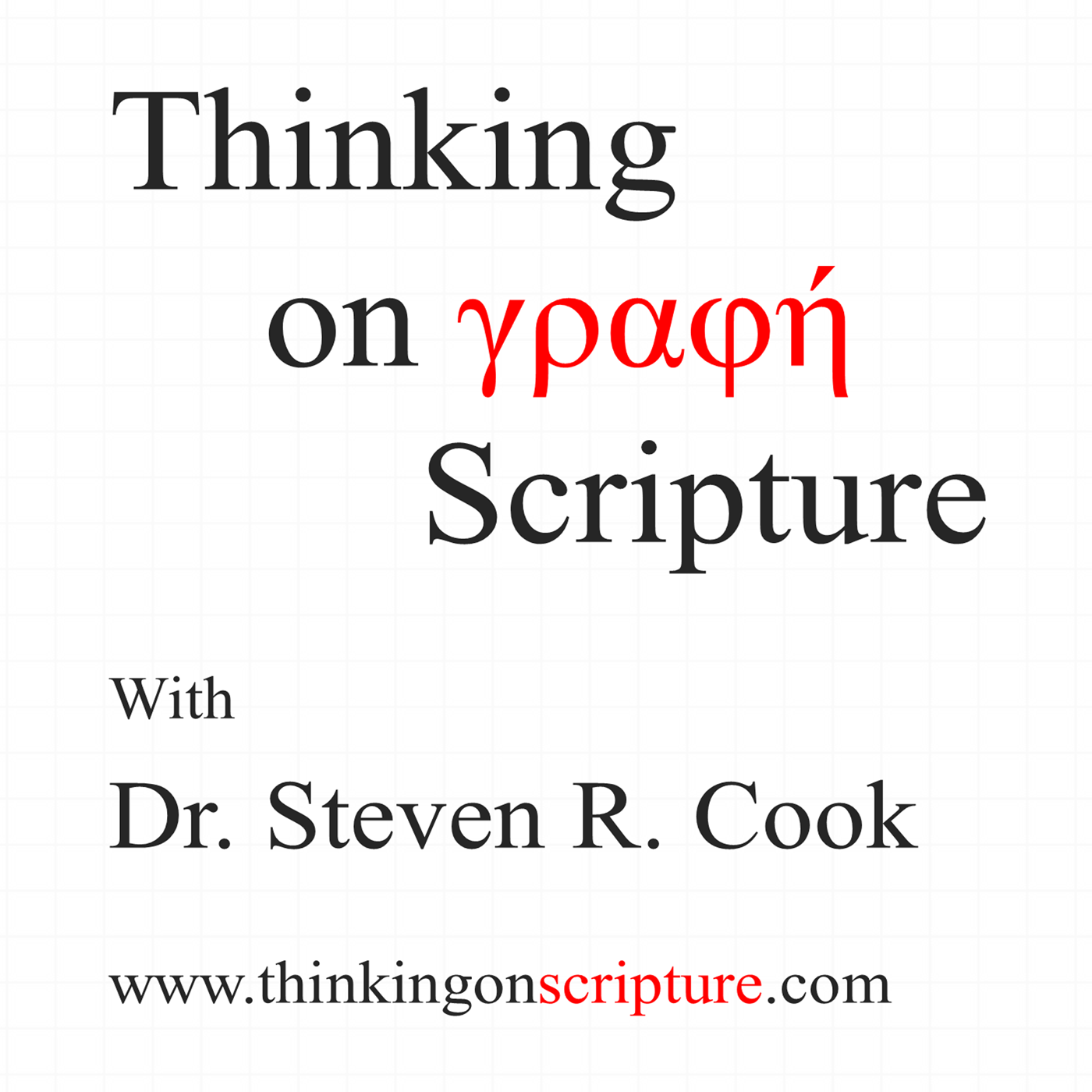 |
Thinking on Scripture with Dr. Steven R. CookAuthor: Dr. Steven R. Cook Language: en Genres: Christianity, Education, Religion & Spirituality Contact email: Get it Feed URL: Get it iTunes ID: Get it |
Listen Now...
The Spiritual Life #70 - The Believer's Riches in Christ
Episode 759
Saturday, 28 February, 2026
The spiritual life cannot be fully understood or lived until the believer grasps the distinction between positional truth and experiential truth. Learning God’s Word is always the starting point for the Christian way of life (1 Pet 2:2; 2 Tim 3:16–17). Until the believer orients to what God has already accomplished at initial salvation, he cannot discern what God now expects in fellowship (Rom 6:3–11). Confusion or neglect of Scripture inevitably drives the Christian into legalism, emotionalism, ritualism, activism, or frustration (Col 2:8, 20–23; Gal 3:1–3). Bible doctrine learned and applied provides the foundation for executing the spiritual life (Rom 12:2; Jam 1:22). God’s riches for the believer include both positional and experiential blessings, and the former establishes the ground on which the latter are enjoyed (Eph 1:3; Col 2:6–7). Full study notes here: https://thinkingonscripture.com/wp-content/uploads/2026/01/10-The-Believers-Riches-in-Christ.pdf & https://thinkingonscripture.com/wp-content/uploads/2026/02/The-Believer-in-Christ.pdf Steven R. Cook, D.Min., M.Div.








